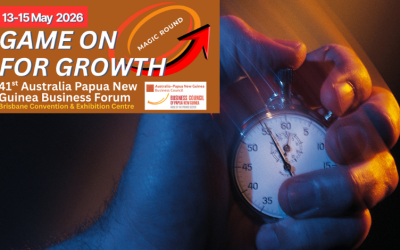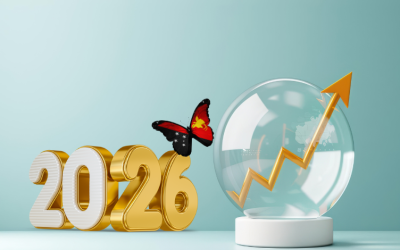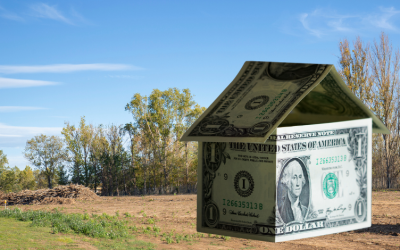Papua New Guinea’s economic outlook has shown a marked improvement, buoyed by recent statements from Prime Minister James Marape highlighting key positive trends. Indicators such as GDP growth, stabilised inflation rates, and improved foreign exchange availability suggest a strengthening economic foundation for the Pacific nation.
Inflation, historically a challenge for Papua New Guinea, has stabilised below the historical average of 5.5%, reflecting the effectiveness of recent monetary policies and disciplined fiscal management. This stability has brought much-needed relief to households and businesses, supporting a more predictable economic environment. Additionally, the easing of foreign exchange shortages—a long-standing issue for PNG businesses—has been a significant development. Enhanced foreign exchange availability has streamlined trade operations, enabling companies to plan and execute transactions with greater efficiency.
The government attributes these economic gains to robust export performance across key sectors, including mining, agriculture, and energy. The mining sector, in particular, continues to play a central role, contributing significantly to GDP and export revenues. Agricultural exports, bolstered by improved infrastructure and market access, are also making substantial contributions to economic recovery. Meanwhile, the energy sector’s growth, driven by LNG exports, has further solidified PNG’s position as a key player in the region.
Looking ahead, the Marape government has outlined strategic initiatives to sustain this economic momentum. One flagship program is the Connect PNG initiative, which aims to expand road connectivity across the country. By linking rural and urban areas, the program seeks to facilitate trade, improve access to markets, and stimulate local economies. Investments in education and healthcare are also high on the government’s agenda, with the goal of enhancing human capital and improving quality of life for Papua New Guinea’s citizens.
Despite these positive trends, challenges remain. Governance reforms, addressing corruption, and ensuring equitable distribution of economic gains are critical to achieving sustainable and inclusive growth. Furthermore, global economic uncertainties and external shocks, such as fluctuating commodity prices, pose risks that need to be managed.
The current trajectory, however, underscores Papua New Guinea’s resilience and potential as an emerging economy in the Pacific region. The combination of strong export performance, stabilised macroeconomic conditions, and forward-looking government initiatives positions Papua New Guinea as a country with significant growth prospects and the capacity to attract further investment.



